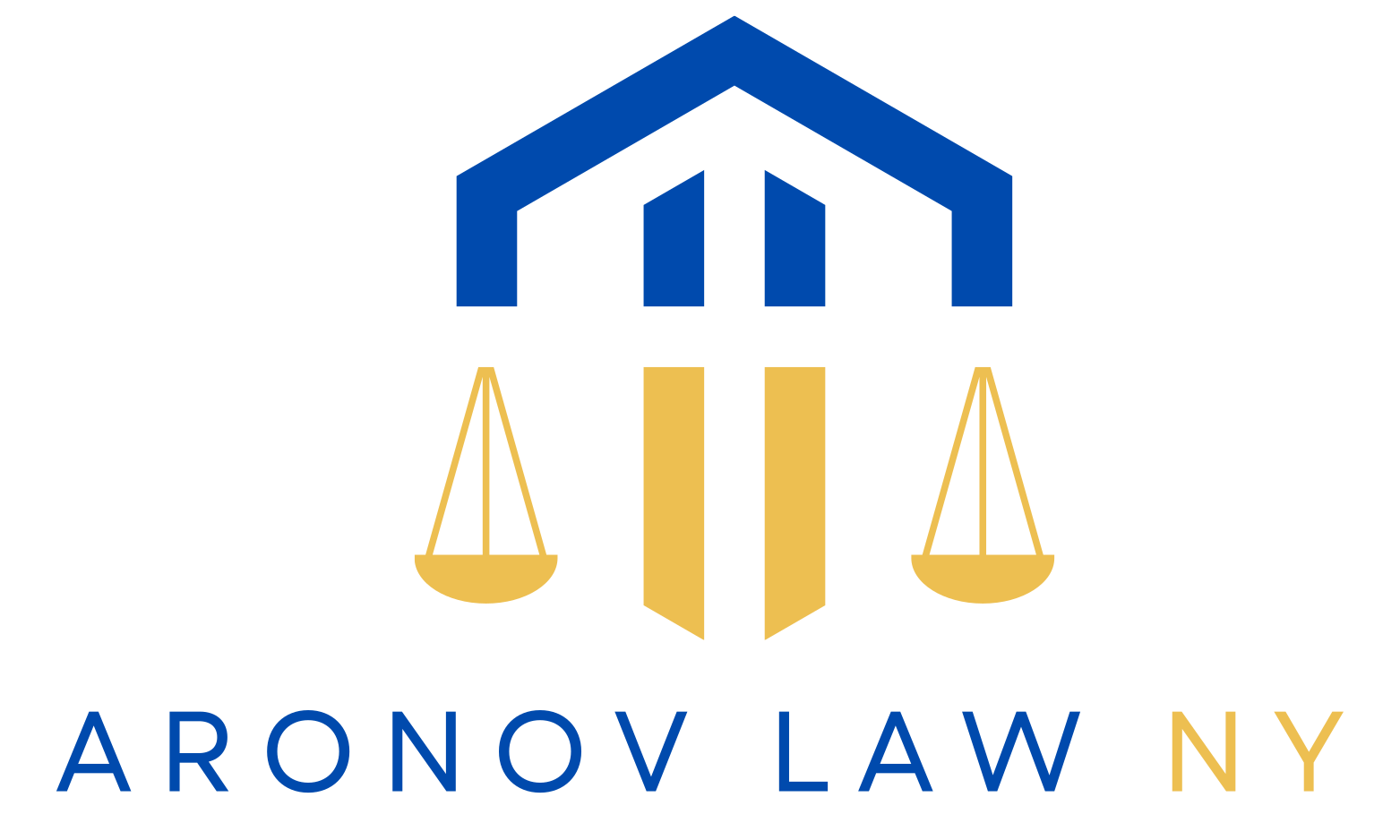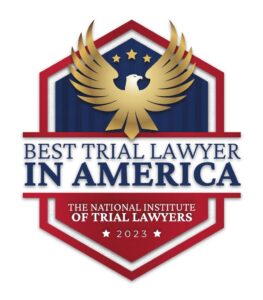FEATURED IN
How Does Bankruptcy Work in New York? In most respects, filing for bankruptcy in New York isn't different from filing in another state. The bankruptcy process falls under federal law, not New York state law, and works by unwinding the contracts between you and your creditors. That's what gives you a fresh start.
Bankruptcy laws in the United States are primarily governed by federal law, but each state may have its own set of exemptions and additional regulations. In New York, individuals and businesses seeking relief from overwhelming debt can file for bankruptcy under Chapter 7, Chapter 13, or Chapter 11 of the Bankruptcy Code.
Perfect 10 Chapter 7, 11 & 13 Law
Chapter 7 New York Bankruptcy Law:
- Eligibility:
- Individuals and businesses can file for Chapter 7 bankruptcy.
- Certain income and asset limitations apply, and a means test is used to determine eligibility.
- Automatic Stay:
- Filing for Chapter 7 triggers an automatic stay, halting creditors’ collection actions, including foreclosures and wage garnishments.
- Liquidation:
- A court-appointed trustee may liquidate non-exempt assets to repay creditors.
- Many types of debts can be discharged, providing a fresh start for the debtor.
- Exemptions:
- New York has specific exemptions that allow debtors to protect certain property from liquidation, including homestead, personal property, and retirement accounts.
Chapter 13 NYC Bankruptcy Law:
- Repayment Plan:
- Chapter 13 allows individuals with a regular income to create a repayment plan to pay off debts over three to five years.
- Debtors can keep their property and catch up on missed mortgage or car payments.
- Automatic Stay:
- Similar to Chapter 7, filing for Chapter 13 triggers an automatic stay, providing relief from creditors.
- Debt Discharge:
- Debtors receive a discharge of remaining qualifying debts after successfully completing the repayment plan.
Chapter 11 New York Bankruptcy Law:
- Business Reorganization:
- Chapter 11 is primarily used by businesses to reorganize and continue operations while repaying creditors.
- Individuals with substantial assets or complex financial situations may also file under Chapter 11.
- Debtor in Possession:
- In Chapter 11, the debtor typically continues to operate the business and act as a “debtor in possession” unless the court appoints a trustee.
- Creditor Committees:
- Creditors may form committees to participate in the reorganization process and negotiate terms with the debtor.
How long does bankruptcy take in NYS?
You have some work to do filing forms and dividing up property, but about a month later, your creditors will receive notice about a meeting where your liquidation plan is laid out and they have 60 days to object to any debts being discharged. In total, the process should take around four months to complete.

Chapter 7, 11 & 13 Consulation
Recent View
PRACTICE AREAS
Our Practice Areas
Credit Reporting Attorneys
Credit Reporting Attorneys
Credit Reporting Attorneys
Credit Reporting Attorneys








